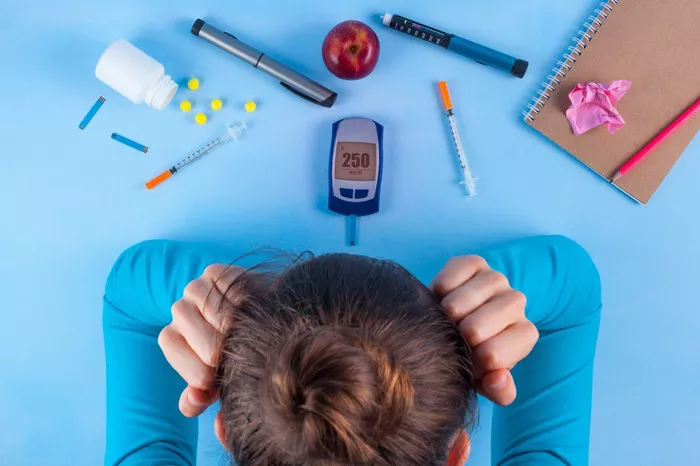Diabetes is a complex metabolic disorder characterized by abnormalities in blood sugar levels. Hyperglycemia and hypoglycemia are two conditions associated with diabetes that require careful management to prevent complications and maintain overall health.
Definition of Hyperglycemia and Hypoglycemia
Hyperglycemia occurs when blood sugar levels rise above the normal range, typically exceeding 180 milligrams per deciliter (mg/dL). This condition is commonly associated with diabetes mellitus, particularly type 1 and type 2 diabetes. On the other hand, hypoglycemia refers to abnormally low blood sugar levels, usually below 70 mg/dL. Hypoglycemia can occur in both diabetic and non-diabetic individuals and poses immediate risks if left untreated.
Causes of Hyperglycemia
Hyperglycemia often occurs due to insufficient insulin production or insulin resistance in the body. In type 1 diabetes, the pancreas fails to produce enough insulin, leading to elevated blood sugar levels. In type 2 diabetes, the body becomes resistant to the effects of insulin, resulting in impaired glucose uptake by cells. Other factors contributing to hyperglycemia include excessive carbohydrate intake, stress, illness, certain medications, and hormonal imbalances.
Causes of Hypoglycemia
Hypoglycemia can be caused by various factors, including excessive insulin or diabetes medication, inadequate food intake, excessive physical activity, alcohol consumption, hormonal imbalances (such as adrenal insufficiency or pituitary disorders), and certain medical conditions (such as liver disorders or insulinoma).
Symptoms
The symptoms of hyperglycemia and hypoglycemia can vary in severity and may include:
Hyperglycemia: Increased thirst, frequent urination, fatigue, blurred vision, slow wound healing, and recurrent infections.
Hypoglycemia: Sweating, shakiness, palpitations, hunger, confusion, irritability, dizziness, fatigue, headache, and in severe cases, loss of consciousness or seizures.
Consequences
Untreated hyperglycemia and hypoglycemia can lead to serious complications. Hyperglycemia may result in diabetic ketoacidosis (DKA), hyperosmolar hyperglycemic state (HHS), cardiovascular issues, nerve damage, kidney damage, and eye problems. Conversely, untreated hypoglycemia can cause impaired cognitive function, loss of consciousness, seizures, coma, or even death in severe cases.
Treatment and Management
Treatment strategies for hyperglycemia typically involve insulin therapy, oral medications (such as metformin), dietary modifications (including carbohydrate counting and glycemic index awareness), regular physical activity, and frequent blood sugar monitoring. In contrast, hypoglycemia requires immediate intervention to raise blood sugar levels. This may involve consuming fast-acting carbohydrates (such as glucose tablets, fruit juice, or candy), adjusting medication doses as needed, monitoring blood sugar levels regularly, and implementing preventive measures (such as eating regular meals and snacks).
Conclusion
Hyperglycemia and hypoglycemia are significant concerns for individuals with diabetes, requiring diligent management to prevent complications and maintain optimal health. Understanding the causes, symptoms, consequences, and treatment options for both conditions is essential for effective diabetes care. By adopting appropriate lifestyle changes, adhering to medication regimens, and seeking timely medical attention, individuals with diabetes can minimize the risks associated with hyperglycemia and hypoglycemia, leading to improved quality of life and better long-term outcomes.
Related Topics:
How To Do When You Get Hypoglycemia?



























